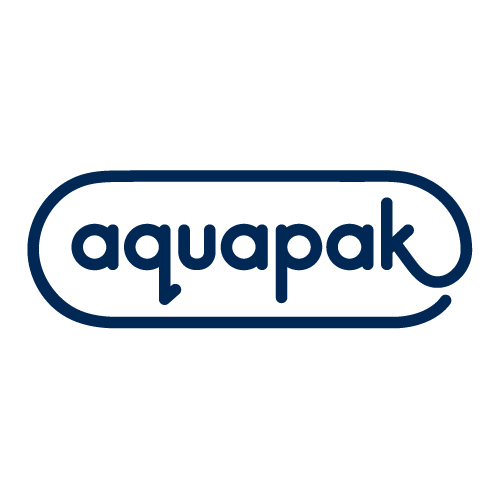Aquapak’s University Challenge to Help Solve the Problem of Recycling Complex Polymer Packaging

Aquapak Polymers Ltd, which specialises in polymer-based material technologies that can deliver both performance and environmental responsibility at scale, has announced its Newcastle University Chemistry Undergraduate award-winning Stage 3 Industry Challenge, which sets students the task of identifying new ways of recycling complex polymer packaging structures. The students then have around eight weeks to investigate possible solutions that will also contribute in a positive way to the continued development of a circular economy.
This is a problem that the plastics and polymer industry and packaging developers have been trying to tackle in response to pressing consumer demand, NGO backlash over plastic use and the increasing weight of EU and government legislation such as the packaging tax and PPWR.
The industry is responding to try and find ways to recycle these complex multi-layer polymer constructions typically found in packaging without compromising much needed functionality such as extended shelf-life, convenience, easy peel and lightweight. Today’s packaging structures are often made up of different polymers defined by the functionality required, which is what makes them difficult to sort, separate and recycle. Students need to identify economically viable and scalable technologies and solutions which are already available or can be developed to enable the true recycling of these materials.
For example, Aquapak has successfully developed and commercialised Hydropol™, a highly functional, specialty environmental polymer that allows product design to support the circular economy – by enabling recycling and delivering multiple end-of-life options. It is designed to be an alternative to traditional plastics, offering their versatility and functionality but without harming the environment.
Developed and manufactured in the UK, Hydropol™ is soluble, non-toxic and marine safe. Products made with Hydropol™ are safe for existing recycling processes and are fully biodegradable, leaving no trace or harmful plastic pollution should they enter the environment.
As an enabling technology, Hydropol™ can be used on its own or in combination with other materials to enhance recyclability, compostability and end-of-life options. Its material properties allow for scalability into diverse types of products and its solubility makes it easy to separate from other materials when recycling. For example, it can be extrusion coated onto paper or board giving strength and barrier properties against oxygen, oil and grease then made into a multitude of different applications.
To dispose, consumers can simply put the packaging into their household paper waste. The Hydropol layer is formulated to ‘wash off’ (dissolve) during the paper repulping process and then either biodegrades in the
wastewater system or is turned into clean energy if the plant has an AD system.
Mark Lapping, Chief Executive Officer of Aquapak, commented, “We have several active research projects in place with a number of universities to support the development of new materials like Hydropol. As a former student of Newcastle University myself it is fantastic to be able to reconnect with a new generation of Chemistry students and support their learning with a highly relevant challenge that the industry is grappling with right now. I’m confident their insights and fresh thinking will contribute to moving this important topic forward at Aquapak, as well as inspire more people to join the new plastics industry in future.”
About HydropolTM – Accelerating the transition to the Circular Economy
Who is using Hydropol?
Consumers and businesses are increasingly concerned about plastic pollution and environmental sustainability. Packaging producers need solutions. Aquapak has partnered with a growing base of clients in apparel, fashion, hospitality, healthcare, food packaging, logistics packaging, industrial, nonwovens, and other packaging.
What is Hydropol made from?
The base plastic is currently used for dishwasher tablets, ingestible pill casings and soluble stitches. HydropolTM ‘s resistance to low temperature solubility and high barrier to elements adds functionality, providing a wider range of uses. It can be recycled, re-pulped, composted and is distinctively compatible with anaerobic digestion. Furthermore, if unintentionally released into the natural environment, HydropolTM – which is non-toxic and marine safe – will dissolve and subsequently biodegrade, leaving no trace.
What is Hydropol being used for?
Extrusion coatings and laminates for paper/board applications are commercially available and in customer production trial stages, including a number of home delivery and ecommerce applications, packaging for dried pet food, snacks, cooked meat and convenience food applications.
Blown film products commercially available and made from HydropolTM include garment bags, ESD bags, organic waste disposal bags and laundry bags for infection control. These can be disposed of at home by the consumer in hot water or added to the recycling where they dissolve during the recycling wash processes.
Other applications under development with customers and development partners include injection moulded parts such as golf tees, nonwoven fibre for applications such as flushable wet wipes and cellulose combinations for thermoformed trays.
Learn more about Hydropol…Join the MPkgS webinar 30 November 2023